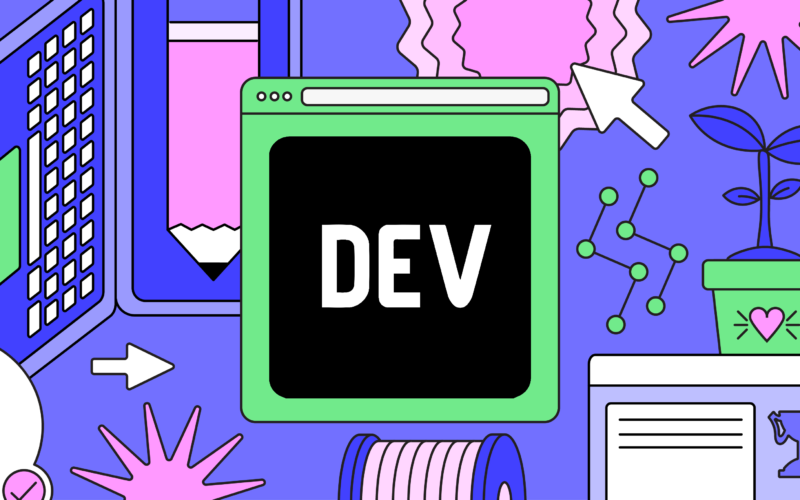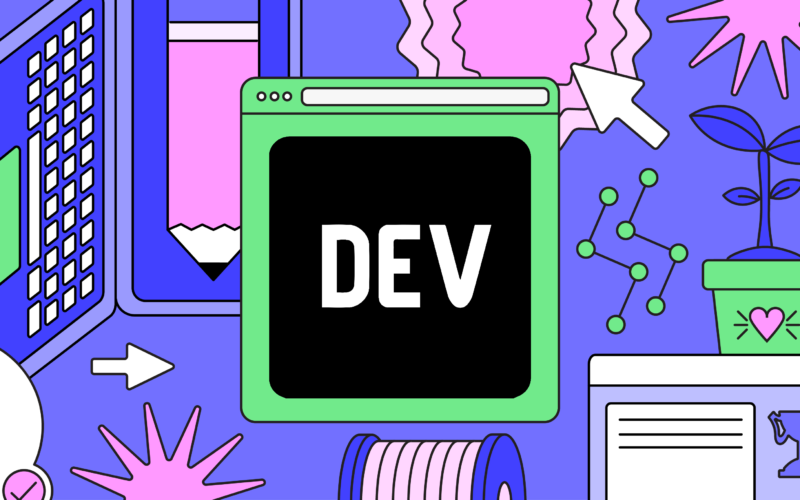06
Nov
In Java, strings play a unique role in memory management due to their immutability and interning characteristics. These concepts not only improve performance but also introduce nuances to memory handling that are often essential in interviews. Let’s explore Garbage Collection, and Immutability in depth, with notes on how the String Pool and JVM memory management interact with these concepts. This post builds on concepts discussed in the previous article on String Pool and Memory Management. Reviewing that article first will provide a helpful foundation for understanding the topics covered here. 1. String Garbage Collection In Java, string literals behave differently…










